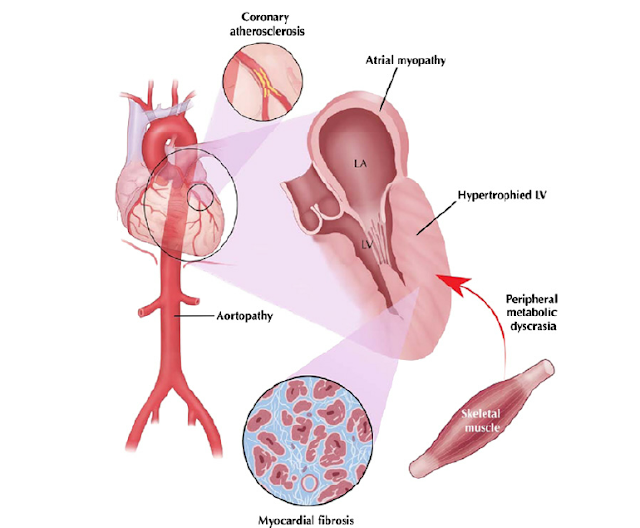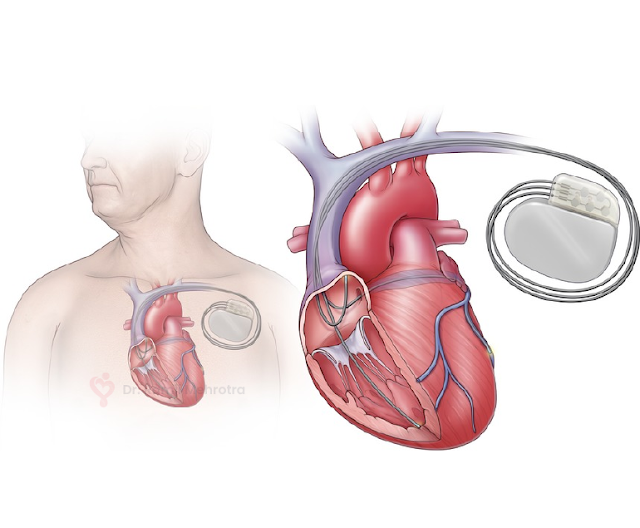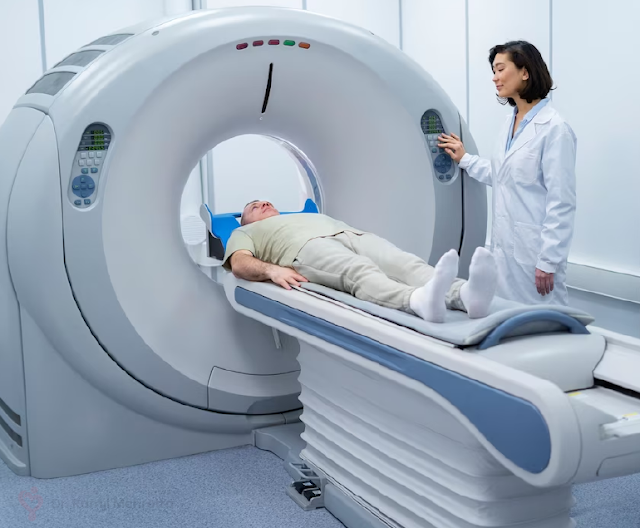Heart Disease and Electrolyte Imbalance
.png)
Electrolytes are electrically charged minerals that play a crucial role in various physiological processes within the body. Sodium, potassium, calcium, magnesium, chloride, phosphate, and bicarbonate are the primary electrolytes. Proper balance of these electrolytes is essential for maintaining the normal functioning of cells, tissues, and organs, including the heart. Electrolyte imbalances can affect the heart and contribute to heart-related issues. Here's how some electrolytes are specifically related to heart health: Potassium: Role in the heart: Potassium is essential for maintaining the electrical activity of the heart. It helps regulate the heartbeat (rhythm) and ensures proper contraction of the heart muscle. Imbalance effects: Both high and low levels of potassium (hyperkalemia and hypokalemia) can lead to abnormal heart rhythms (arrhythmias) and, in severe cases, can be life-threatening. Sodium: Role in the heart: Sodium is involved in maintaining the ba...


